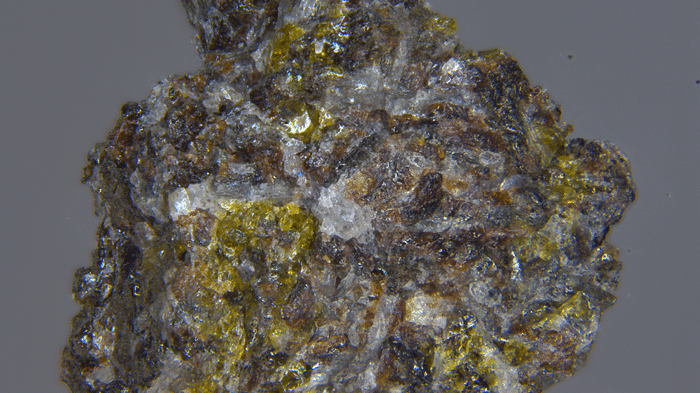China Offers Unique Moon Rock Samples to the US Amid Ongoing Trade Strains

China has announced a significant scientific collaboration that will allow researchers from six countries, including the United States, to study lunar rocks collected during its Chang’e-5 mission in 2020. This initiative comes amid ongoing tensions between the two nations, which are currently engaged in a trade war. The China National Space Administration (CNSA) emphasized that these lunar samples are a “shared treasure for all humanity,” highlighting the importance of international cooperation in space exploration.
Access Granted to U.S. Institutions
The CNSA confirmed that two NASA-funded institutions, Brown University and Stony Brook University, have been granted access to the lunar samples. This decision marks a rare opportunity for U.S. scientists to engage with Chinese lunar research, especially given the restrictions imposed by U.S. lawmakers on NASA’s collaboration with China. Under a law enacted in 2011, NASA is prohibited from working with Chinese entities unless explicitly authorized by Congress. This has historically limited Chinese researchers’ access to NASA’s lunar samples, creating a significant barrier to collaboration.
Despite these political tensions, experts like John Logsdon, former director of the Space Policy Institute at George Washington University, argue that the exchange of lunar samples is largely apolitical. He stated that the examination of these samples does not involve any military significance and should be viewed as a standard practice of international scientific cooperation. This perspective underscores the potential for scientific collaboration to transcend political disputes.
Significance of Chang’e-5 Samples
The Chang’e-5 lunar samples are particularly noteworthy because they are believed to be approximately one billion years younger than those collected during the Apollo missions. Dr. Logsdon pointed out that this suggests volcanic activity on the Moon occurred more recently than previously thought, providing valuable insights into the Moon’s geological history. The CNSA’s call for applications to study these samples in 2023 attracted interest from various international institutions, reflecting the global scientific community’s eagerness to engage with this unique opportunity.
In addition to the U.S. institutions, researchers from France, Germany, Japan, Pakistan, and the United Kingdom also secured access to the lunar samples. This diverse group of countries highlights the collaborative spirit of space exploration, even in the face of geopolitical challenges.
Future of International Space Cooperation
CNSA chief Shan Zhongde expressed optimism about the future of international collaboration in space. He stated that the agency would “maintain an increasingly active and open stance” in fostering global partnerships, particularly through initiatives like the Belt and Road Initiative’s space information corridor. Shan’s comments suggest that China is committed to expanding its network of international collaborators in space research.
As the trade war between the U.S. and China continues, the exchange of lunar samples serves as a reminder of the potential for scientific endeavors to bridge divides. While political tensions may persist, the shared pursuit of knowledge and exploration in space remains a powerful unifying force among nations.
Observer Voice is the one stop site for National, International news, Sports, Editor’s Choice, Art/culture contents, Quotes and much more. We also cover historical contents. Historical contents includes World History, Indian History, and what happened today. The website also covers Entertainment across the India and World.

